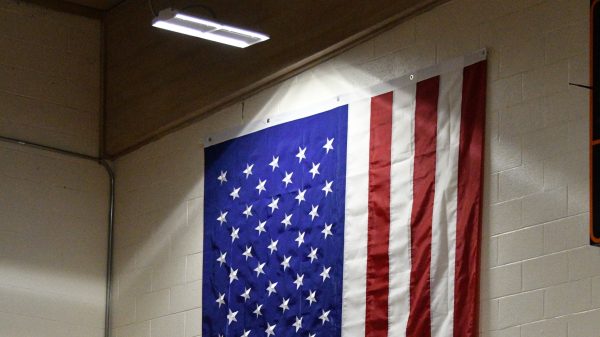The Alabama House Education Policy Committee on Tuesday declined to advance a bill that would have established statewide procedures for due process for K-12 students facing suspensions and expulsions.
Sen. Rodger Smitherman, D-Birmingham, introduced Senate Bill 203, which would also require school boards to hold hearings before making disciplinary decisions. The legislation would have also required systems to use impartial hearing officers, trained by the Alabama Department of Education.
The bill would have also prohibited suspending or expelling students pre-kindergarten through 5th grade unless their actions endangered the physical safety of other students or staff. The bill passed the Senate on April 4 in a 22-4 vote.
The Southern Poverty Law Center supported the bill. The nonprofit in 2020 sued the Montgomery County Board of Education on behalf of two Lee High School students expelled after false accusations. The board settled with SPLC in February, agreeing to expunge the disciplinary expulsions from the students’ academic records and provide them additional educational services to make up for the 14 months they were excluded from school.
“We are the only state in the southern part of the country that does not have due process,” Smitherman told committee members during Tuesday’s meeting.
Committee chair Rep. Terri Collins, R-Decatur, asked whether many school districts have due process policies, to which Smitherman said some, but not all, and he would like to see uniformity statewide.
Rep. Charlotte Meadows, R-Montgomery, explained that too many students are being expelled for frivolous reasons, but expressed concern that the bill may not address the root problems, and could put an unfunded mandate on systems to hire an impartial person to mediate.
“There’s a truth that we tend to suspend and expel students in Alabama at greater rates than we should, and I would probably venture to say, without having any data in front of me, that we probably do that, suspending and expelling of students of color, of poverty at higher rates than we do for students who are more affluent and not of color,” Meadows said.
Meadows said she’d like to work with Smitherman to address those concerns.
Smitherman said his bill doesn’t require school systems to hire an impartial mediator, and said such people could be retired teachers or administrators, who volunteer in that role.
Rep. Dany Garrett, R-Trussville, said he’d support Smitherman’s bill, and that as a former school board member he was shocked at how easy it was to discard a child as a perceived problem student.
Rep. Barbara Drummond, D-Mobile, said she supports Smitherman’s attempt to standardize the process.
The bill failed on a voice vote, however. Smitherman said he plans to bring the bill back up next year.















































